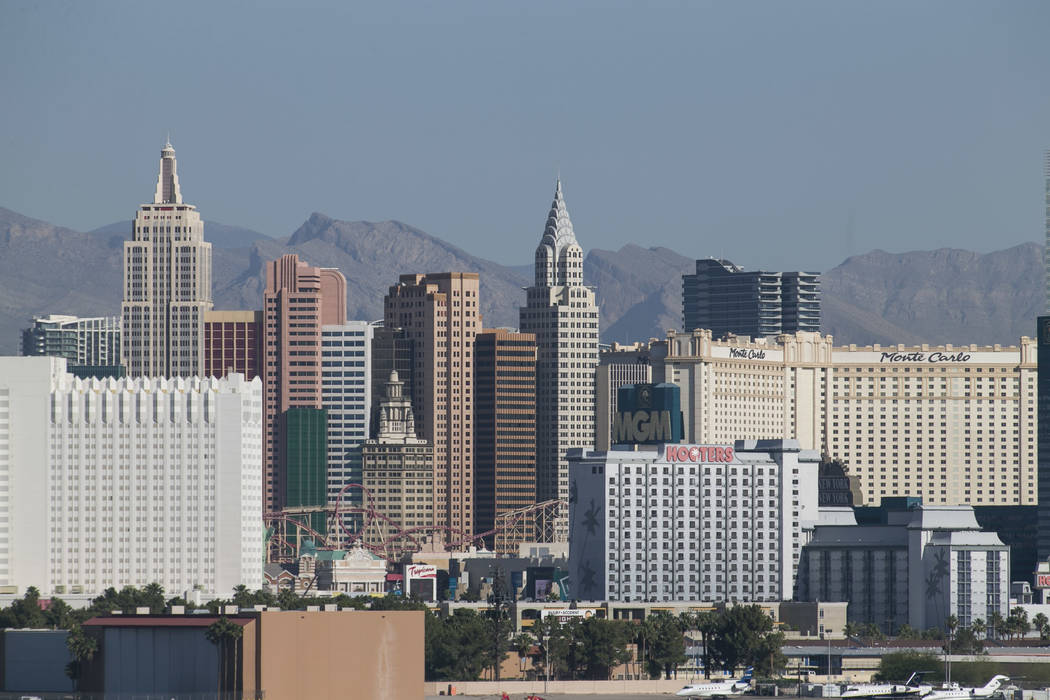EDITORIAL: Protecting consumers from ‘hidden’ fees — except those imposed by the government, of course
With House Democrats in the midst of impeachment euphoria, it’s unlikely they’ll have much time for actual governing in the months ahead. That doesn’t bode well in the short term for the fate of a new proposal to increase federal regulation of hotel advertising.
Last week, Reps. Eddie Bernice Johnson, D-Texas, and Jeff Fortenberry, R-Neb., introduced the Hotel Advertising Transparency Act of 2019. It would empower the Federal Trade Commission to punish hotels and other short-term renters that fail to include “resort fees” in their advertised room rates.
These fees are common in Las Vegas and date back to the Great Recession, much like add-ons such as baggage charges or priority seating that are now routine in the airline industry. They can include fees for Wi-Fi, fitness centers and other amenities that hotel guests may or may not use.
The bill comes on the heels of lawsuits filed by attorneys general in Nebraska and the District of Columbia against Marriot International and Hilton Worldwide, respectively, alleging the companies deceive customers by imposing “hidden” resort fees. Never mind that consumers do, in fact, see the entire cost of their purchase before they commit to reserving a hotel room.
Still, several consumer groups lauded the proposed legislation. FTC Commissioner Rebecca Kelly Slaughter said, “If a fee is part of the total price consumers must pay for the hotel room, then it must be part of the price shown to consumers. Surprise fees are unfair to consumers, period.”
Really? In fact, it’s quite revealing that the legislation in question forces hotel owners to publish all fees except those imposed by politicians. Isn’t a tax “part of the total price consumers must pay”? Then why are taxes exempt from this legislation?
It’s true that consumers expect to pay taxes on purchases. But such charges can indeed be a “surprise” — and thus deceptive and “unfair,” in Ms. Slaughter’s description — particularly in the travel and tourism industry, a favorite target for politicians looking to hide tax hikes by targeting visitors rather than locals. Consider the difference between the advertised price of a rental car and the actual cost after all the government taxes and surcharges are piled on.
Whether the Hotel Advertising Act of 2019 will make pricing more equitable or transparent for hotel guests is a matter of debate. But if politicians were truly concerned about consumer fairness when it comes to price advertising — regardless of the product — they wouldn’t exempt the “surprise fees” and higher costs that elected officials so love to impose on virtually every transaction.

















